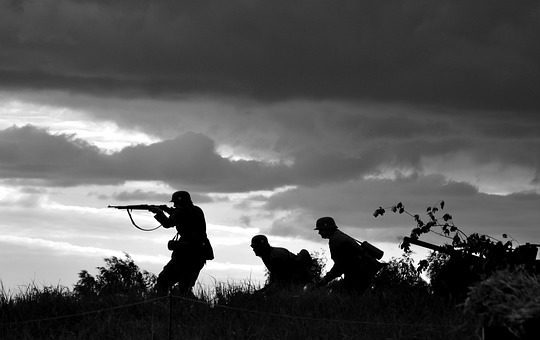4 Reasons for homophobia
What causes homophobia?Why are some people homophobic?What are the psychological and biological drivers of homophobia? This article will attempt to answer these questions. Homophobia is a pervasive phenomenon that has been known to occur since the dawn of human history. It ranges from having antagonistic attitudes toward homosexuals to engaging in violent acts against them. …


